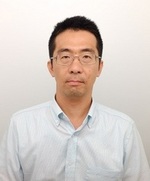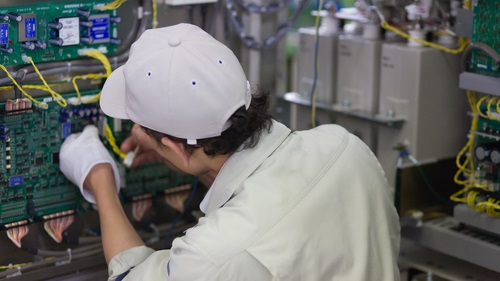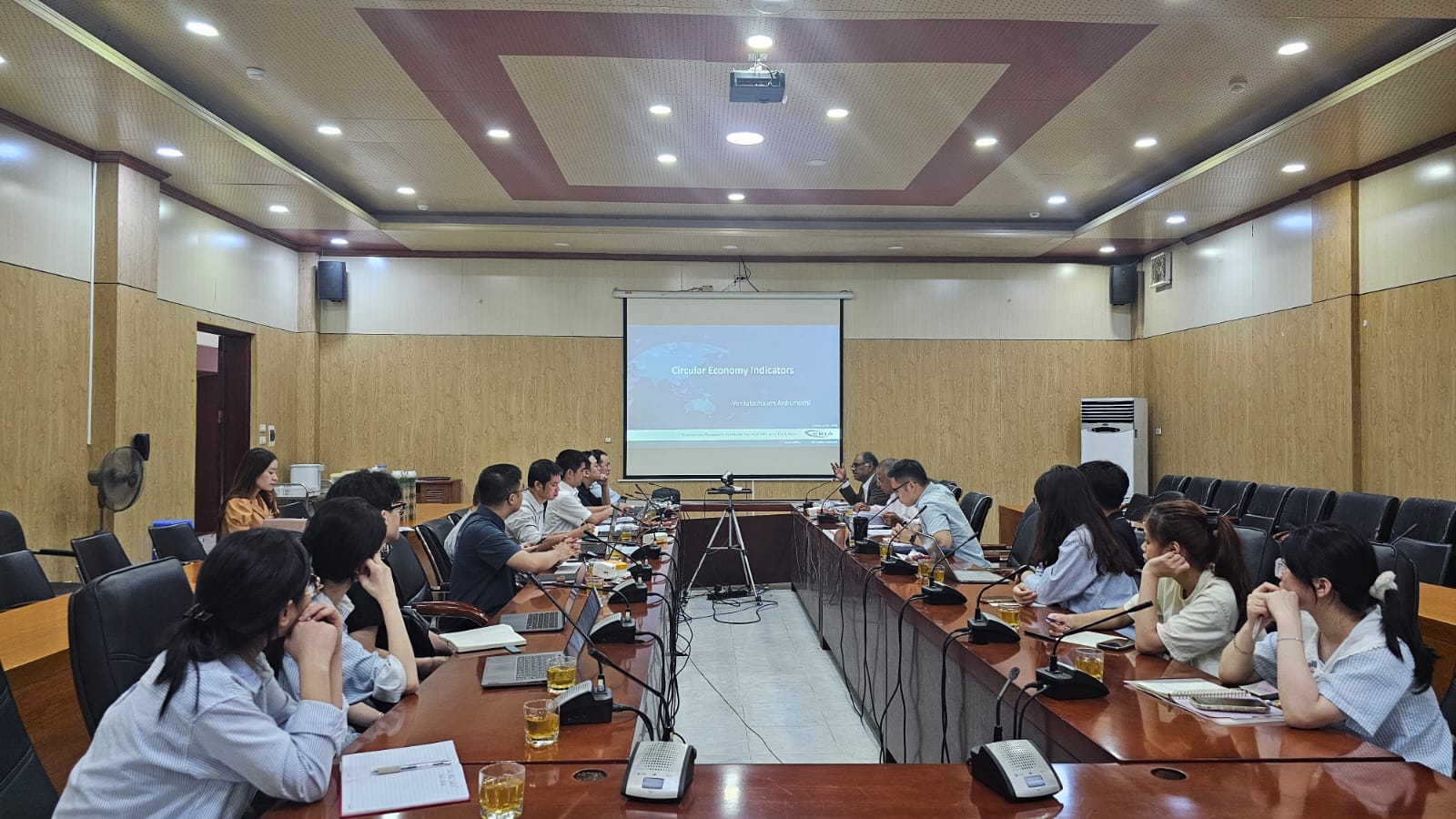By Yasushi Ueki
Fostering self-motivated people is fundamental in promoting innovation.
Recently ASEAN member states (AMS) put more emphasis on engineering and science to promote innovation. Some AMS provide foreign firms with more preferential treatments to investments in innovative activities than in simple product assembly. These countries also request for more international assistance to transfer financial, human, and technological resources for technological vocational college and university education.
One reason that the AMS need innovation is sharp wage hikes amid an overdependenceon low wage industries for economic growth. Recent increase in wages may besometimes faster than improvement in labour productivity. Such wage inflation iscaused partially by political leadership in reducing a feeling of inequality embracedamong workers. They consider that favourable treatment for domestic and foreign investors have not benefited local citizens and wage increase is necessary to redistributeprofits and develop local markets.
However, for private firms, wages should be increased as fast as improvement in labour productivity. Some managers of foreign direct investment (FDI) firms perceive that the expected wage inflation from political necessity can be too rapid to catch up with by their efforts for improving labour productivity. Consequently, it can become a threat to the sustainability of their businesses.
Labour productivity is particularly important for labour-intensive processes to determine competitiveness. However, managers have difficulties in fostering skilled workers and accumulating knowledge and experiences within their firms. Many local firms have not fostered absorptive capability necessary for developing closer buyer-supplier relationships and upgrading their business performance. At the industry level, some AMS have not developed the pool of skilled labour in the agglomeration of firms where new knowledge is generated, transferred, and absorbed locally. In such status of industrial development, technology-oriented industrial policies can result only in a stopgap measure for temporarily filling the gap between wages and labour productivity.
What can governments do to break and overcome such obstacles of industrialdevelopment? It is not easy to find a quick remedy. One recommendation from the author's recent study is to assist local firms adopt Japanese-style continuous improvement or Kaizen.
Kaizen starts from adopting 5S or the following five activities: seiri (sort), seiton (set), seiso (shine), seiketsu (standardise), and shitsuke (sustain). 5S is the initial step and a foundation toward establishing all other advanced quality control approaches. Quality control circle (QCC) and other small group activities train employees on problem solving, make them customer oriented, stimulate their creativity and willingness to learn, and break invisible boundaries within a firm. Self-motivated employees, smooth organisational communication among employees, and systematic methods andorganisational routines for knowledge sharing within a firm, such as documentation and standardisation of successful QCC experiences, can enhance a firm's absorptive capacity.
FDI firms will hesitate to bring something new to the AMSs and disseminate it to their local business partners if employee and firm capacities are unsatisfactory in absorbing new technologies. Knowledge transfer and spillover effects from FDIs and consequent industrial growth will be underachieved without steady efforts for ingraining the awareness of continuous improvement in organisations and the society.
Of course, it is indispensable for the AMS to promote advanced engineering and science education to realise economic development in the long term. We cannot but raise the question of whether foreign-dependent policies toward introducing state-of-the-art technologies may be effective in solving fundamental problems underlying the current industrial development in the AMS. Governments in the region have been unchangeably insisting that the lack of financial, human, and technological resources has constrained industrial development since the initial industrialisation stage. The AMS have been supplementing such scarce resources mainly with FDIs and international assistances. But we need to keep in mind that without people who are self-motivated to learn and improve continuously, the AMS may not be able to develop the capability for indigenous innovation; rather, they may repeat the same requests for supportive measures from advanced countries.
 | Yasushi Ueki is an economist specializing in technological upgrading and innovation, and industrial development. Prior to joining ERIA in January 2014, he was a research fellow at Institute of Developing Economies (IDE) in Japan from 1999. From 2002 to 2005, he worked as an expert at United Nations Economic Commission for Latin America and the Caribbean in Chile. From 2007 to 2012, he was stationed at IDE Bangkok Research Center in Thailand. He holds a Ph.D. in international public policy from Osaka University, Japan. This post originally appeared on ERIA Frames newsletter in March 2016. These opinions are his own and do not necessarily represent ERIA. Click here to subscribe to the monthly newsletter. |
Reference
Machikita, T., M. Tsuji, Y. Ueki (2016). 'Does Kaizen create backward knowledge transfer to Southeast Asian firms?' Forthcoming in Journal of Business Research.








